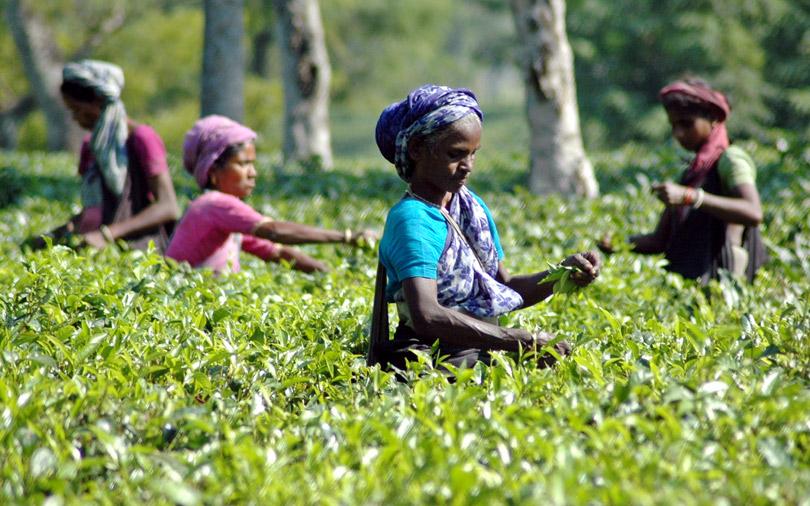Kolkata-based tea plantation company Mcleod Russel India Ltd said on Tuesday it has signed initial pacts with two companies to sell a total of 12 tea estates in the northeastern state of Assam for about Rs 472 crore ($70 million).
The company will sell eight tea estates to MK Shah Exports Ltd for Rs 331 crore and four estates to Luxmi Tea Company Pvt. Ltd for Rs 141 crore, Mcleod Russel said in separate stock-exchange filings. Both buyers are based in Kolkata.
The deals will help rationalise the company's production business, it said. The transactions are subject to certain approvals and completion of due diligence by the two buyers, it added.
The tea estates proposed to be sold to MK Shah Exports are Beesakopie, Raidang, Daimukhia, Samdang, Baghjan, Bordubi, Koomsong and Phillobari. These estates posted sales of Rs 192.76 crore for the financial year through March and contributed about 12.33% to the company’s total revenue.
The tea estates proposed to be sold to Luxmi Tea are Moran, Lepetkatta, Attabarrie and Sepon. These four posted sales of Rs 88 crore for 2017-18.
Mcleod Russel plans to use the proceeds to repay high-interest debts, buy back shares worth Rs 100 crore and diversify into the packet tea business, the company had said on May 30, when its board had approved a plan to sell the tea estates.
Mcleod Russel has already entered into an agreement with Eveready Industries India Ltd for diversification into the packet tea business.
The company’s operations are divided under three divisions -- production in its own tea estates, production using tea leaves purchased from small growers, and teas produced by step-down overseas subsidiaries. It produces about 67 million kgs of tea at its own tea estates, which the company said is “disproportionately heavier compared to the other two segments”.
For the calendar year 2017, Mcleod Russel's production from the India business rose to 1,322 million kg from 1,268 million kg in 2016. It also benefitted from higher exports due to a decrease in Kenyan production and improvement in geopolitical atmosphere amongst consuming countries such as Russia, Egypt, Pakistan and countries in West Asia.
The company expects tea prices in India to improve substantially in 2018 due to demand in global markets and improved economic activities, particularly in the rural markets.
*The headline and text of this article have been updated to include details of a second transaction.







